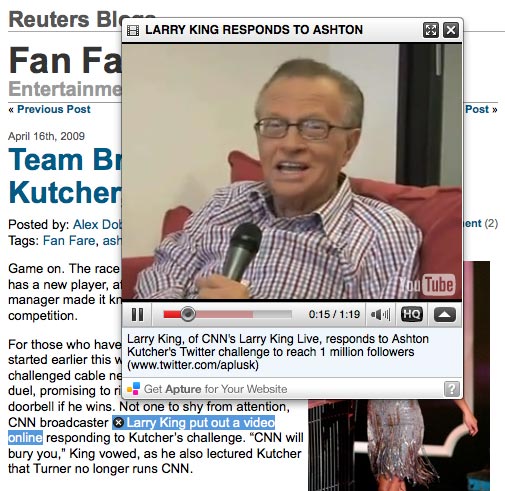BBC Newsnight star presenter Jeremy Paxman is never known to mince his words and he certainly didn’t when receiving the Annual Media Society Award last Thursday evening in London. The ‘Great Inquisitor’ attacked the BBC, saying that it was ‘in a vortex of its own making’.
He criticised cuts on his own programme – “people at the top are no longer interested in what we do or how we do it” – to the audience that included Helen Boaden, BBC director of news, Stephen Mitchell, her deputy, and no less that six former or present editors of Newsnight.
Paxman was stinging in his criticism of the cuts in the media outside the BBC as well, saying it was ‘now cheaper to print opinion that the truth’; and that some major American papers no longer had a full-time correspondent or even a stringer in London. He described the current situation as ‘depressing’.
Paxman, who has now presented Newsnight for 20 years, was the subject of paeans of public praise from his bosses past – including Robin Walsh, who gave him his first reporter’s job in BBC Northern Ireland 35 years ago – and who had the audience reeling, with his tales of ‘Paxo’ interviewing the Appointments Board – and Peter Barron, the last Newsnight editor who had forced Paxman into the digital 21st century and to do a (short-lived) weather forecast on the programme.
The tributes were all warm, especially from his most high profile victim former Home Secretary, Michael Howard, of whom Paxman famously asked the same question 12 times in 1997. Time had healed the rift.
It was not all downbeat. Paxman said that if he had his time again he would still join ‘our trade,’ and become a journalist, as he had at 23. “I’ve spent my life talking to amusing people. It is an incredible privilege to work with thoughtful, clever, funny people,” he said, saluting the teams who had made it all possible. “There are no solos in television – everything is collaborative. Even the gargantuan egos!”
For this British giant, the basic premises of journalism remain, for what is still the same job. To be good, one needs to be ‘curious’ and have ‘instinct’ and in ‘Paxo’s’ case, plenty of Chutzpah.
